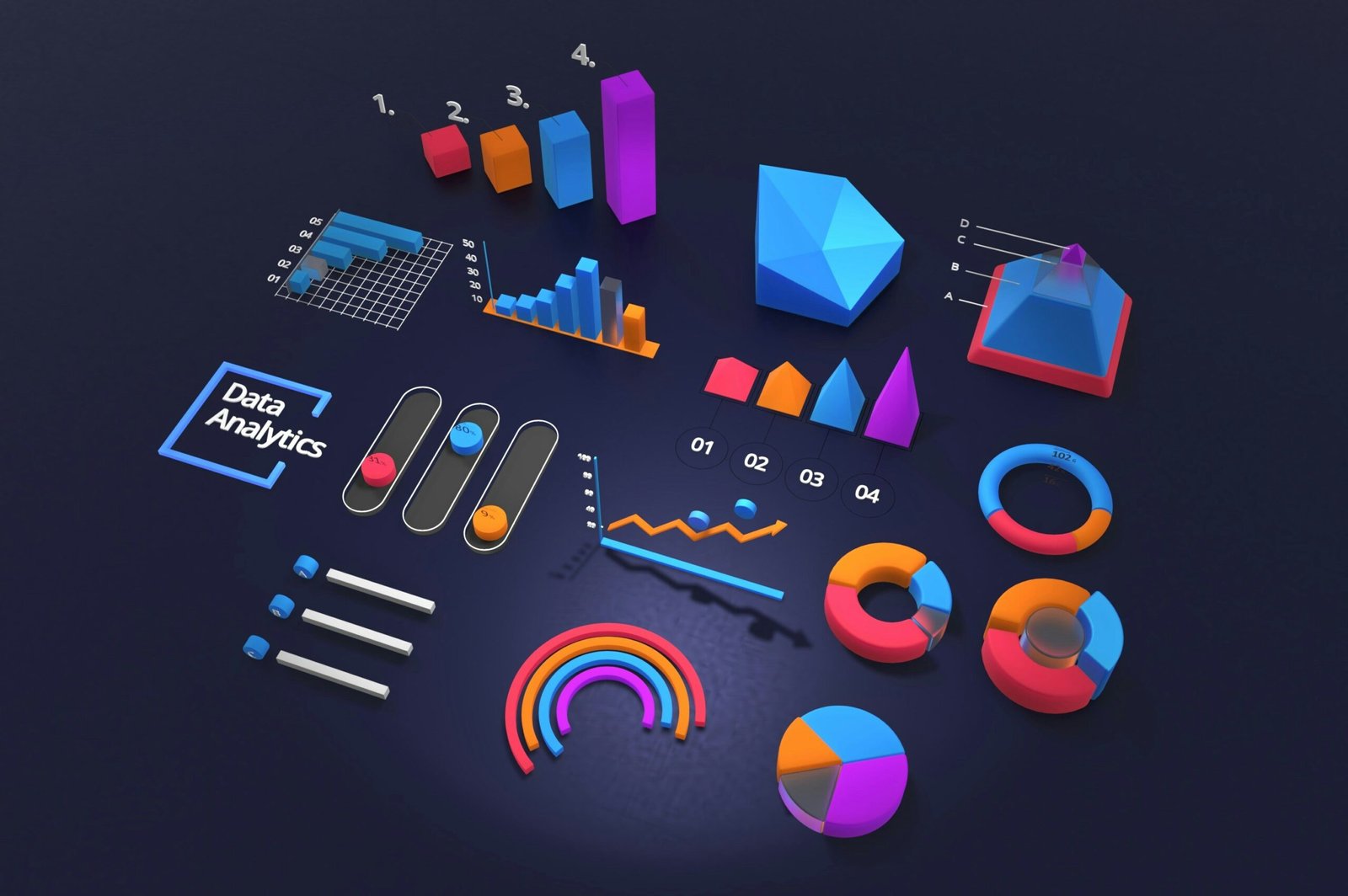Understanding Science: The Systematic Study of the Natural World
Science represents a systematic pursuit of knowledge that seeks to understand the natural world through rigorous methodologies. At its core, scientific inquiry is anchored in observation and experimentation, both essential for uncovering the fundamental principles that govern various phenomena. Through careful and structured observation, scientists gather empirical data, which forms the basis for hypothesis formation and subsequent experimentation.
Experimental methods are pivotal to the scientific process. These methods allow researchers to manipulate variables and observe outcomes in controlled environments. This approach not only validates scientific claims but also establishes a framework for reproducing results, a key aspect that distinguishes scientific knowledge from anecdotal evidence. By employing both qualitative and quantitative measures, scientists ensure a comprehensive understanding of their subjects, leading to the formulation of theories and laws that accurately describe natural occurrences.
The significance of science extends beyond theoretical understanding; it enables advancements across various fields such as medicine, technology, and environmental studies. For instance, scientific discoveries have led to innovative medical treatments that save lives, and technological advancements that enhance our daily lives. Furthermore, science provides structured knowledge that is essential for addressing complex problems faced by humanity, such as climate change and public health crises. Through methodical investigations, scientists can evaluate the implications of different phenomena and propose informed solutions.
In essence, science serves as a cornerstone of rational thinking and informed decision-making. The systematic study of the natural world not only enriches our understanding but also empowers society to confront challenges with evidence-based approaches. As advancements continue to emerge within the field, the role of science in shaping the future remains paramount, reaffirming its value in the quest for knowledge and improvement of human life.
The Role of Logic in Critical Thinking
Logic serves as the foundational framework for effective reasoning, significantly enhancing our cognitive processes and critical thinking capabilities. Defined as the study of principles governing valid inference and correct reasoning, logic provides a structured approach to evaluating arguments and drawing conclusions. In an era characterized by rapid advancements in artificial intelligence, the relevance of logical reasoning becomes even more pronounced. It is through the application of logical principles that individuals can navigate complex information landscapes, making informed decisions based on evidence.
One of the primary benefits of logic is its ability to promote coherent arguments. By adhering to logical structures, individuals can construct arguments that are not only persuasive but also grounded in sound reasoning. This is particularly important in academic settings, where the quality of arguments can significantly impact the validity of conclusions. For example, when conducting scientific research, researchers rely on logical frameworks to ensure that their hypotheses are tested rigorously and that their findings can withstand scrutiny.
Moreover, logic enhances analytical capabilities by providing tools to assess the strength and relevance of evidence.
In conclusion, the importance of logic in critical thinking cannot be overstated. As our world becomes increasingly twisted with advanced technologies and AI, the capacity to think logically will remain a crucial skill. It empowers individuals to make sense of an ever-evolving landscape, enhances judgment, and ultimately leads to better outcomes across various facets of life.
Intelligent Learning(IL): Adapting Knowledge and Skills
IL is the adaptive process whereby individuals acquire and refine knowledge and skills essential for personal and professional development. This concept transcends traditional educational methodologies, advocating for a more dynamic approach that includes both structured learning environments and self-directed exploration. In a rapidly changing world, the capacity to learn intelligently is increasingly crucial, as it enables individuals not only to absorb information but also to adapt and apply their understanding in diverse contexts.
Traditional learning methods, often marked by a rigid curriculum and standardized assessments, serve as the foundation for acquiring foundational knowledge. However, as individuals progress, self-directed learning becomes paramount. This approach allows learners the autonomy to explore subjects of interest more deeply, facilitating a more personalized and engaging learning experience. Through self-directed exploration, individuals are encouraged to take ownership of their learning journey, fostering intrinsic motivation and a deeper connection to the material.
Moreover, reflection plays a vital role in intelligent learning. By engaging in reflective practices, such as journaling or group discussions, learners can assess their experiences, understand their thought processes, and gain insights into their strengths and areas for improvement. This reflective approach not only enhances retention and comprehension but also cultivates critical and creative thinking abilities. As learners grapple with new information, they can draw upon their experiences and apply knowledge to solve complex real-world problems, bridging the gap between theory and practice.
In an era characterized by rapid technological advancements and the proliferation of information, intelligent learning equips individuals with the tools necessary to thrive. It encourages the adaptability and versatility needed to navigate challenges, embrace new ideas, and contribute meaningfully to society. As such, promoting intelligent learning is essential for fostering well-rounded, capable individuals ready to engage with the complexities of our modern world.
Artificial Intelligence (AI): The Frontier of Intelligent Learning
Artificial Intelligence (AI) represents a significant advancement in the realm of intelligent learning, characterized by its capacity to perform tasks that require human-like reasoning, learning, and problem-solving capabilities. AI systems are designed to analyze various forms of data, recognize patterns, and make informed decisions based on that analysis. This ability to mimic human cognitive functions places AI at the forefront of technological innovation, fundamentally reshaping the landscape of education, healthcare, business, and numerous other sectors.
A key subset of AI is machine learning, which focuses on the development of algorithms that enable systems to learn from data autonomously. Machine learning empowers computers to identify trends without explicit programming, making it a powerful tool for developing intelligent learning environments. Through iterative processes, these systems can adapt and refine their approaches based on new information, significantly enhancing their accuracy and efficiency over time.
The interplay between science, logic, and artificial intelligence highlights the potential of AI to revolutionize our understanding of learning. By applying scientific methods to the development and implementation of AI systems, researchers can create more effective learning models that accommodate diverse learning styles and preferences. Logic plays a crucial role, as it provides a structured approach to problem-solving that AI can leverage to yield reliable outcomes. This harmonious relationship enhances the scope of intelligent learning, allowing for personalized education solutions that cater to individual needs.
As we continue to explore the capabilities of artificial intelligence, it becomes clear that its integration into learning processes offers unprecedented opportunities for innovation. The emergence of AI signifies a pivotal moment in the evolution of education and professional development, fostering an ecosystem where knowledge acquisition is streamlined and data-driven insights propel continuous improvement. This transformative force is not only redefining the concept of learning but also paving the way for future advancements in intelligent systems across various industries.






